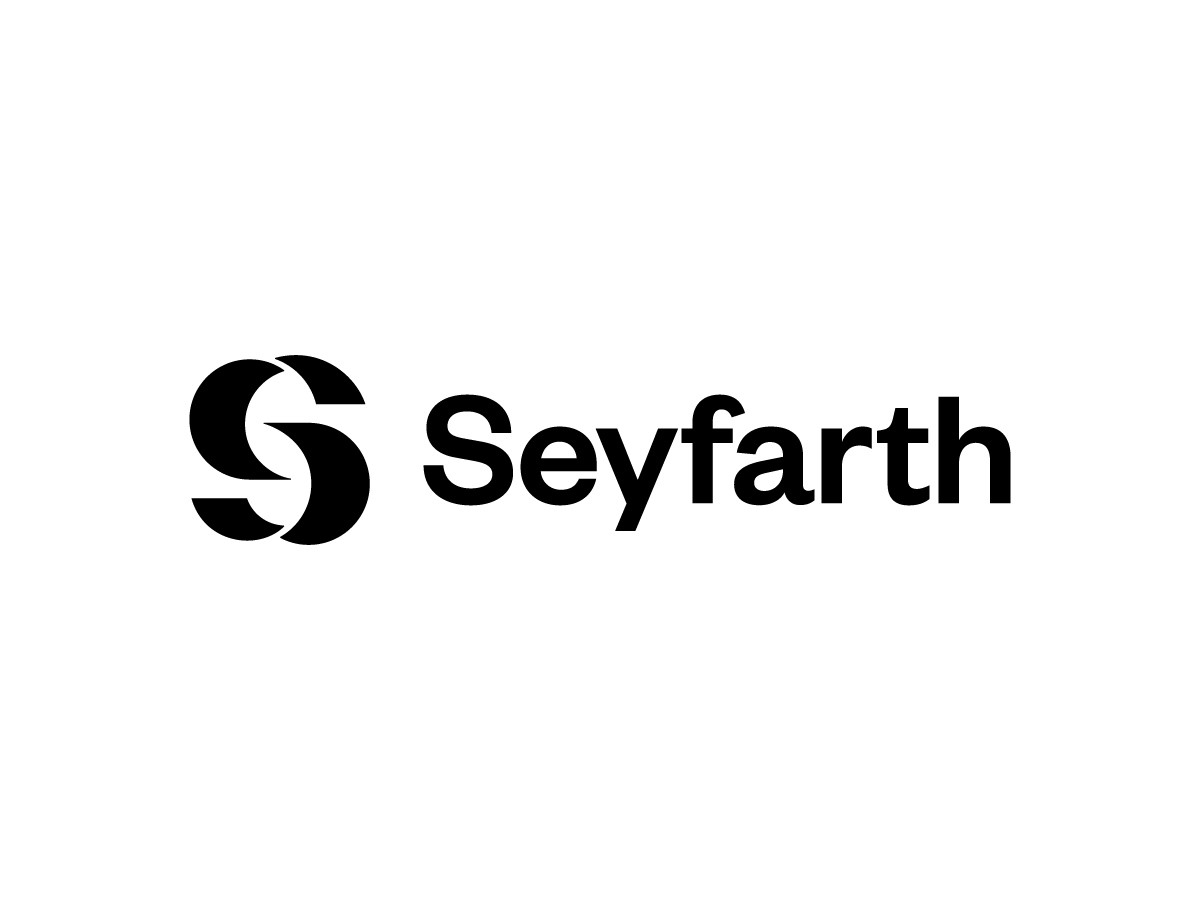How firms can retain LGBTQ+ accountants with inclusive workplaces
Accountants are increasingly taking on a larger role in ensuring the integrity of sustainable business information and diversity, equity, and inclusion (DEI) data, according to a new set of research studies from the Institute of Management Accountants (IMA), the California Society of CPAs (CalCPA), and the International Federation of Accountants (IFAC). The research, which surveyed thousands of accounting professionals from underrepresented backgrounds, uncovered an alarming rate of LGBTQ+ accountants leaving the profession due to a lack of DEI initiatives.
Furthermore, the research highlighted the need for greater transparency in data reporting and the importance of accountants in ensuring the accuracy of nonfinancial data. Read on to learn more about the findings of this research, as well as the actionable steps accounting employers can take to attract and retain diverse accountants.
The accounting industry is seeing significant attrition among LGBTQ+ professionals
Research commissioned by the Institute of Management Accountants (IMA), the California Society of CPAs (CalCPA), and the International Federation of Accountants (IFAC) revealed a surprising number of LGBTQ+ accountants are leaving their profession. This is a unique development when compared to other underrepresented identities, as it has not been seen in such numbers before.
The research studies conducted by these organizations included data collected from thousands of accounting professionals across Europe and the US who identify as LGBTQ+. The findings demonstrate an alarming level of attrition among these individuals, which could have serious implications for the future of DEI in the accounting field.
What makes this development particularly concerning is that it comes at a time when accountants are playing an increasingly important role in ensuring information integrity for sustainable business practices and DEI data management. As companies seek to comply with more stringent environmental, social & governance (ESG) regulations, they will need reliable sources for nonfinancial data transparency. Accountants can provide invaluable assistance here by verifying ESG reports and helping to guarantee the accuracy of DEI information. However, if there is a lack of qualified LGBTQ+ professionals due to attrition within the industry, this could greatly limit companies’ ability to adhere to ESG requirements.
The report generated from this series of research studies highlights how critical it is that organizations prioritize attracting and retaining diverse talent in order to ensure integrity within their ESG programs and strategies. It also underscores how vital it is for companies to create inclusive workplaces that make all employees feel valued and respected — especially LGBTQ+ individuals — so they remain motivated and engaged in their work.
Perceived lack of support driving exodus of LGBTQ+ accountants
Firms are seeing a higher attrition rate among LGBTQ+ accountants, with the research indicating that as high as 20 percent of departing professionals left the industry due to a lack of DEI. Other portions of the research suggested that LGBTQ+ professionals felt that they were unable to present their authentic selves in the office. They felt like they needed to be something else in the workplace.
To combat this alarming rate of departures from the tax & accounting profession, employers need to focus on creating an inclusive culture where all voices are valued and respected. In situations where LGBTQ+ accountants felt harassed in the workplace, some did not believe their employers were taking sufficient disciplinary action for repeat offenders who created a hostile work environment. Despite having anonymous hotlines and other tools available for reporting incidents of bullying and harassment, some survey participants did not feel there would be any real repercussions when issues were reported.
Accounting firm leaders need to rethink how these anonymous reporting systems are designed and how penalties are handled when multiple reports are made against the same person. A stronger emphasis on DEI initiatives can go a long way towards creating an environment where LGBTQ+ accountants feel safe enough to bring their full selves into work without fear of judgment or discrimination. It is clear that increased awareness around LBGTQ+ rights in professional contexts needs to be cultivated if we want more diversity within this sector.
How LGBTQ+ accounting professionals’ skillsets can provide insight into ESG and DEI initiatives
LGBTQ+ accountants are uniquely positioned to help organizations navigate the increasingly complex landscape of ESG information. With their expertise in financial management and data analytics, they can bring an invaluable perspective to the discussion and create comprehensive plans for achieving DEI objectives. In addition, they can play a vital role in helping companies identify blind spots and strategize for success.
For example, accountants can use their experience with compliance regulations to ensure that DEI policies and practices are implemented consistently across departments. They can also use their knowledge of financial forecasting and budgeting processes to identify potential sources of funding for DEI initiatives or programs. Additionally, accountants can apply data analysis skills to evaluate performance metrics related to diversity goals over time.
Moreover, with their understanding of audit processes, accountants can assist with internal audits that investigate whether businesses are meeting their own diversity targets. They can also provide guidance on how best to communicate progress toward those goals both internally and externally. Finally, by leveraging accounting principles such as accrual accounting or double-entry bookkeeping system, accountants can help employers track changes in equity positions at different levels within the organization over time.
The importance of the accountant’s role in ESG information integrity is becoming more apparent as organizations become increasingly accountable for their environmental and social impacts worldwide. By leveraging their unique skillsets in finance and data analytics, LGBTQ+ accountants have the opportunity to take a leading role in ensuring that DEI initiatives succeed while simultaneously driving business value – making them essential stakeholders in sustainability efforts going forward.
Leading firms are being proactive about diversity
Research revealed that the representation of diverse personnel at executive levels is much lower than the diversity seen in the accounting profession as a whole. This lack of diversity is especially notable across all regions and industries, with many organizations having difficulty attracting and retaining diverse talent at executive levels.
To address this issue, employers should consider taking proactive steps to ensure their workforce reflects the diversity they seek in their leadership positions. This could include developing targeted recruitment efforts for underrepresented groups, such as women and minorities, as well as creating mentorship programs for those already employed to help them advance into leadership positions. Additionally, companies should work on creating an inclusive culture that offers equal opportunities for advancement regardless of gender, race or sexuality. Employers should also create clear pathways for career progression and provide adequate training and support to those who are new to leadership roles or seeking promotions.
These strategies can be further strengthened by implementing DEI data collection systems that capture essential information on employee demographics, progress towards DEI goals and feedback on DEI initiatives from employees themselves. Doing so will not only give employers valuable insight into which areas need attention but also allow them to track progress over time and make sure their DEI efforts are paying off. Collecting this data is critical if firms want to be successful in achieving a more balanced representation of diverse people in leadership roles.
Implementing a holistic approach to DEI initiatives
Ultimately, a holistic approach might work best for accounting firms working to address LGBTQ+ attrition rates and ESG information integrity issues by creating an inclusive environment and embracing data-driven approaches to advancing DEI initiatives throughout the firm’s structure – from entry level positions all the way up through executive positions. Only then will they be able to create an open workplace where everyone feels valued regardless of gender identity or sexual orientation while ensuring the integrity of sustainable business information going forward.
For related information on this topic, learn about how tax and accounting firms can develop an ESG narrative.






